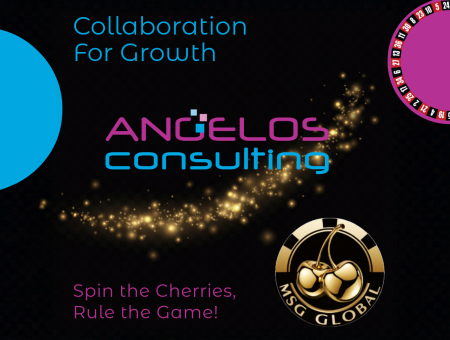#basictips
Try to be short but original. Long hashtags, consisting of too many words placed next to each other, confuse the users and make it difficult for them to understand what is written. If your hashtag is original, it will stand out and you will get more credits.
Provoke emotion. Make the user laugh, feel, even get angry. Hashtags with a touch of humor have a much better chance of being noticed. If you manage to put hashtags that are smart or funny (and preferably both) it will be much easier for you to gain the user's attention. Try to avoid the possibility of misunderstanding, stick to the lowercase letters and put a hidden word that users can amuse to find themselves.
Put a hashtag on your event. By creating a hashtag specifically for your event, you encourage users to share their experience on social media real time. Even if they do not post at the event, it is more than enough for you to get the free promotion you were looking for if a large number of people tag themselves with your hashtag.
Be prepared for any twists. An example is the hashtag #AskELJames, when users are invited to ask any questions to the author of "50 Shades of Gray" - you can imagine what happened!
#whyitworks
Although its "discovery" features on Facebook are a little different from the other social media, hashtags on Facebook can still be great. When users click on the hashtag, it allows them to see all the content related to the hashtag, organized into categories: pages, videos, photos, comments, etc.
The user can sort the information by type - friends' posts, posts in certain groups, location, time frames... These options do not exist in other social networks, which makes the hashtag on Facebook a little "advanced" and more organized.
No one is using only one social platform. A good hashtag could be used as an invitation to cross talk between platforms.
Thanks to the ability to filter information on Facebook, conversations there are easier, more engaging and tempting to follow. You can see only your friends hashtags, only videos, or just photos. Moreover, users who have searched for content through a hashtag are more likely to engage with the content in question.


















